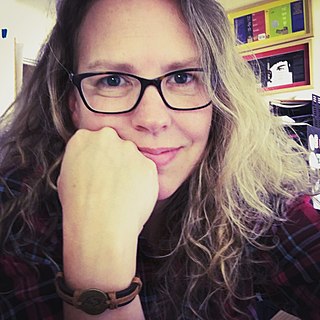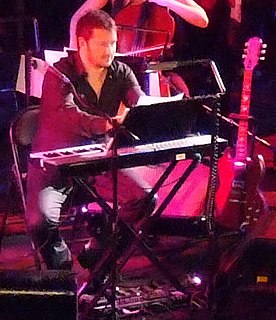A Quote by Basil Bunting
Whether you listen to a piece of music, or a poem, or look at a picture or a jug, or a piece of sculpture, what matters about it is not what it has in common with others of its kind, but what is singularly its own.
Related Quotes
I love the idea of engaging the object, whether it be architecture or a piece of good graphic design, or a good painting, or piece of sculpture, or even a piece of industrial manufactured object. A piece of engineering can be quite beautiful, too, or a photomicrograph, or a cosmic photograph. We're physical beings and why deny that. So in that sense, it's very sensual to have an object that has the power to communicate some emotion or a state or give you some sense.
Theology is-- or should be-- a species of poetry,which read quickly or encountered in a hubbub of noise makes no sense. You have to open yourself to a poem with a quiet, receptive mind, in the same way you might listen to a difficult piece of music... If you seize upon a poem and try to extort its meaning before you are ready, it remains opaque. If you bring your own personal agenda to bear upon it, the poem will close upon itself like a clam, because you have denied its unique and separate identity, its inviolate holiness.
I'm kind of lucky in the fact that I can take something that's in my head and write it down, or I can listen to a piece of music that somebody else has written and try to tap into what the music's saying and just kind of follow that, you know. I mean, nine times out of 10, I'm just kind of following where the music takes me.
I really like to absorb the project and watch it and work on the music a lot and just get the feel for it until eventually a moment comes where I know I've got it. A lot of it is trial and error. Some days a piece of music doesn't work then other day another piece of music finally says something and works with the picture and suddenly casts a light on all the other stuff you've done - probably because my mind is getting to understand it and the piece is educating me. I always feel like the score is in there already somewhere and I just have to channel it and accent it.





































